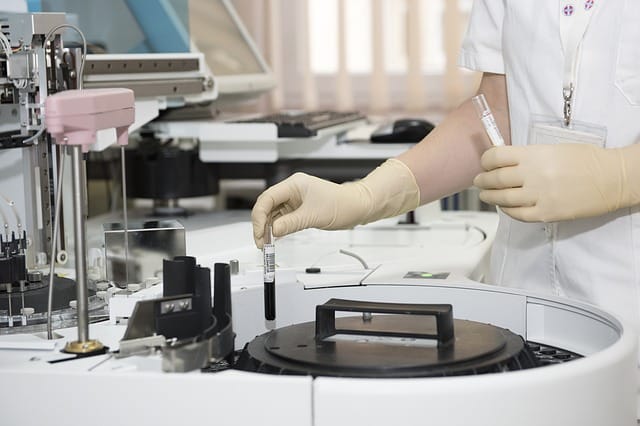Dr. Summit Shah has raised an excellent question recently. Can untreated allergies lead to cancer? Well, the suspicion used to be that people who suffer from allergies were less likely to develop cancer. Until only a few years ago this was merely speculation. Not anymore, now it is a fact. There is a clear body of medical evidence which supports what for years seemed to be the empirical reality.
Allergies are now, with some measure of certainty, believed to be hyperactive responses of the immune system to various allergens. On the other hand, cancer appears to be the result of an immunodeficiency. Dr. Summit Shah is aware of this fact, but the question is, do allergy sufferers run the risk of developing cancer if untreated? Based on medical research people with allergies probably have the lowest risk of developing cancer compared to anyone.
The intricate biochemical workings of the immune system will take years of continued research to be fully understood. However, so far it seems to be a kind of programming that is responsible. Some individuals are more sensitive to allergens than are others. Their immune systems are hyperactive. Thus, they are allergic, and some allergens will trigger an immune response in them. That, it turns out, is beneficial when the immune system detects cancer in the body. An allergy sufferer’s immune system will attack cancer right away. Non-allergic patients will have a delayed response to the malignant growth, or not react at all. Thus, the disease has an opportunity to become established in the latter group of patients.
Research Results:
In research reported in the British Journal of Dermatology (2005), by Dr. Wang et al., the link between six forms of cancer and atopic dermatitis (AD) was examined. The findings demonstrated that a diagnosis of AD coincided with a decreased risk of childhood leukemia, brain, and pancreatic cancer.
Wang’s research appears to support a hyperactive immune response, which results in a more vigilant immune surveillance. The result is a reduction in the rate of cancer cell formation. Thus, a reduced likelihood that the illness will be able to establish itself in the body and progress any further.
In a broader study carried out by Grulich et al., the relationship between non-Hodgkin’s lymphoma (NHL) and allergy was examined. Researchers determined that both hay fever and food allergies could be correlated directly to the risk of developing (NHL).
Possible Mechanisms:
At this time the established process of how allergy protects against cancer is unknown. The most popular theory suggests that allergy suffers present with a hyperactive immune system as per Dr. Wang’s research. However, there are other theories.
Medical researchers are only beginning to develop a fuller picture to describe the connection between cancer and allergy. The initial findings are fascinating, yet the future promises more questions with each new bit of information. None the less, Dr. Summit Shah would tell you that failing to treat allergy is not a risk factor for cancer. However, that could change if new contradictory findings prove otherwise.
